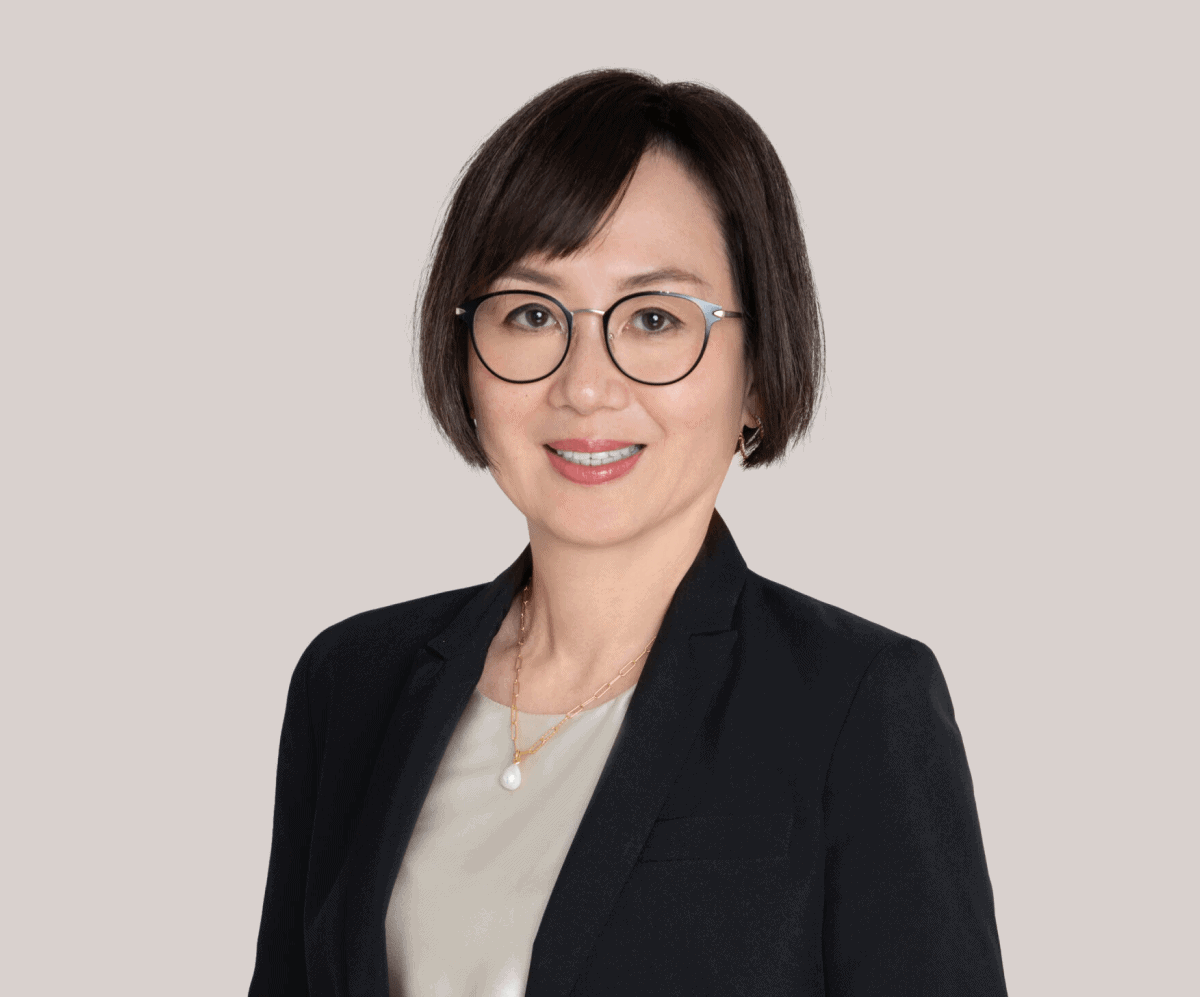平安三寶的各項要求
28 Jun 2024
與其他發達的城市一樣,香港也正面臨人口老化的問題。截至2021年,香港人口的年齡中位數為46.3歲1。根據政府統計處的人口推算,65歲及以上的長者人數佔全港人口的比例,將會由2022年的20.8%,逐步增長至2028年的25.3%,並進一步攀升至2069年35.1%2。持續上升的長者數目,意味著社會對各項安老及醫療服務的需求也將會進一步增加。
有見及此,政府一直致力向大衆推廣生死教育,力求打破圍繞死亡的禁忌,協助大衆以積極的態度看待死亡,並了解更多有關「平安三寶」的細節和重要性,即遺囑、持久授權書 (EPOA)、和預設醫療指示 (AD)。
「平安三寶」分別為:-
- 遺囑(俗稱「平安紙」):遺囑的執行主要受《遺囑條例》(第30章)所規限。遺囑的訂立旨在按照立遺囑人的指示,分配其身故後所遺留的資產。
- 持久授權書 (EPOA) :EPOA的執行、登記、權力範圍均受《持久授權書條例》(第501章)所規限。EPOA 的訂立主要依照授權人的意願,指定一名或多名受權人在其失去精神行爲能力時,管理其財政事務。
- 預設醫療指示 (AD) :雖然現時沒有具體的法例規定AD的執行和權力範圍。不過,醫院管理局 (醫管局)已發佈了一份建議的AD表格格式,並為其轄下的臨床醫生公佈了相關的指引。AD的訂立旨在解決病人是否接受維持生命治療。
為推廣「平安三寶」的使用,政府已每年資助及舉辦有關生死教育的講座,其中包括有關「平安三寶」的專題講座。香港公共圖書館每年均與團體合辦有關生死教育的講座,當中也包括就「平安三寶」的主題3。而社會創新及創業發展基金(社創基金)也會資助有關生死教育和「平安三寶」的相關項目4。籍此希望能夠預早備妥各方規劃,讓長者及其家人們能作更好的安排。
儘管「平安三寶」的概念已在社會上廣爲流傳,但須注意的是,在實質操作上,三者的執行、登記要求和涵蓋的事務範圍皆不盡相同。若大衆無法正確理解相關的法律要求,便很容易引起不必要的爭議以及麻煩。
因此,我們希望通過下列表格,一表闡述三者的分別,協助大衆進一步瞭解:
| 遺囑(又稱為平安紙) | 持久授權書 | 預設醫療指示 | |
| 表格形 式 | 沒有法律指定的範本,但律師草擬的遺囑將會考慮更多重要細節,例如更多後備安排以防止無人執行或承繼遺產。 | 有指定法律規定樣本 | 沒有法律規定,可以用醫管局的指示文本 |
| 生效 | 當立遺囑人過世的時候 | 授權書中指明的生效日期(一般為受權人有理由相信授權人正在失去精神行為能力的日期) | 當兩名醫生(病人的主診醫生和另外一名醫生)診斷病人處於下列任何一種情況: 1. 病人的病情到了末期; 2. 病人處於持續植物人狀況或不可逆轉的昏迷狀況;或 3. 病人處於其他晚期不可逆轉的生存受限疾病 |
| 財產事務 | 執行人會按遺囑的指示把遺產分配 | 受權人可以動用授權人的資產去: c維持授權人的生活; • 預防授權人的財產損失; • 照顧受權人或其他人士的需要(如該些人士為授權人應合理地提供所需的人士);及 • 向與授權人的親屬或有關連的人作出有限的季節性饋贈 | 不適用 |
| 範圍以及限制 | 立遺囑人亦可指定自己喪禮的安排 | • 授權人可隨意對授予受權人的權限附加任何限制 • 不牽涉授權人健康和福利相關的事宜 | 決定病者會否接受維持生命治療。 注意:醫生和院方都不能執行安樂死,也不會執行非法指示。 |
| 簽署時的精神狀態 | 神智清醒,有精神行為能力,自願作此指示,知道文書的性質和後果 | ||
| 簽署要求 | 兩位獨立見證人面前簽署。證人不必是律師 | 一名醫生以及律師面前簽署(可同時在醫生以及律師面前簽署或在醫生面前簽署後,28天內在律師面前簽署) 1. 註冊醫生 • 必須核證及信納授權人在簽署持久授權書時,「是精神上有能力行事的」 2. 律師 • 必須核證「授權人看似是精神上有能力行事的」 | 兩個獨立見證人面前簽署: 1. 首名見證人 • 必須為註冊醫生,可選用一名不是其主診醫生或沒有診治過該作出者的醫生 2. 第二名見證人 • 必須年滿18歲 • 確認首名見證人已經解釋指示的性質和後果 |
| 見證人的獨立性 | 見證人不得為遺囑上的受益人,否則見證人不會獲得遺囑上的餽贈 | 見證的醫生和律師不得為: • 受權人 • 受權人的配偶; • 與授權人有血緣或姻親關係的人;或 • 與受權人有血緣或姻親關係的人 | 兩名見證人不得為下述文書的受益人: • 簽署人的遺囑;或 • 簽署人所持有的任何保險單;或 • 簽署人訂立的任何其他文書。 |
| 執行人/受權人的簽署要求 | 執行人並不需要正式簽署確認自己的委任。因此,一般建議立遺囑人應先跟執行人商議好 | 受權人需要在見證人面前簽署確認 | 不適用 |
| 註冊要求 | 當遺囑人離世後,當執行人需要安排遺囑承辦時,執行人需要向法庭存檔遺囑的正本 | 如受權人相信授權人精神上無能力行事或正變為精神上無能力行事,必須盡快把有關的持久授權書拿到高等法院註冊。 授權人可選擇是否希望自己或他人收到該持久授權書註冊的通知,以防止受權人濫用行使權。 其中一項有關授權人應否註冊持久授權書的考慮是,一旦註冊,該持久授權書的訂立,以及授權人及受權人的名字將成為公開資訊。 | 沒有註冊要求,但建議把正本的存放告知相熟的人,並把副本發給相熟的人。 |
| 撤銷 | 一般而言,遺囑不會被撤銷,除非: • 立遺囑人在簽署遺囑後,締結婚姻; • 立遺囑人簽署另一份遺囑,藉以撤銷早前的另一有效的遺囑; • 立遺囑人以有效地簽立遺囑的同樣方式簽立的遺囑撤銷書;或 • 立遺囑人有意撤銷該遺囑的情況下,自行或使他人在其面前依其指示將該遺囑毀滅 | 授權人在精神上仍有能力行事時,或在其康復後,可以主動撤銷持久授權書;否則,持久授權書只會在有限的理由下被撤銷,如: • 受權人破產; • 受權人或授權人死亡;以及 • 根據法院命令或指示 | 以書面方式制定 |
如有疑問,煩請聯繫本行長者法律服務團隊共同主管律師胡海倫律師和本行律師袁向凡律師。
1 政府統計處:<《香港人口趨勢1991-2021》現已出版 [2022年12月29日]>,香港特別行政區政府統計處網頁,2022年12月29日,https://www.censtatd.gov.hk/en/press_release_detail.html?id=5338,2024年6月24日讀取。
2 香港特別行政區新聞:<立法會六題:應對人口老化的措施>,香港特別行政區政府網頁,2023年3月22日,https://www.info.gov.hk/gia/general/202303/22/P2023032200177.htm,2024年6月24日讀取。
3 香港特別行政區新聞:<立法會六題:訂立「平安三寶」>,香港特別行政區政府網頁,2023年6月28日,https://www.info.gov.hk/gia/general/202306/28/P2023062800356.htm,2024年6月24日讀取。
4 香港特別行政區新聞:<立法會六題:訂立「平安三寶」>,香港特別行政區政府網頁,2023年6月28日,https://www.info.gov.hk/gia/general/202306/28/P2023062800356.htm,2024年6月24日讀取。
免責聲明:本文僅供參考。本文中的任何內容均不得詮釋為香港法律建議或向任何人提供的任何與此相關的法律建議。對於任何人因本文所含的内容而造成的任何損失和/或損害,高李嚴律師行不承擔任何責任。
 香港中環雪厰街二號聖佐治大廈五樓503室
香港中環雪厰街二號聖佐治大廈五樓503室 +852 2868 0696
+852 2868 0696


















